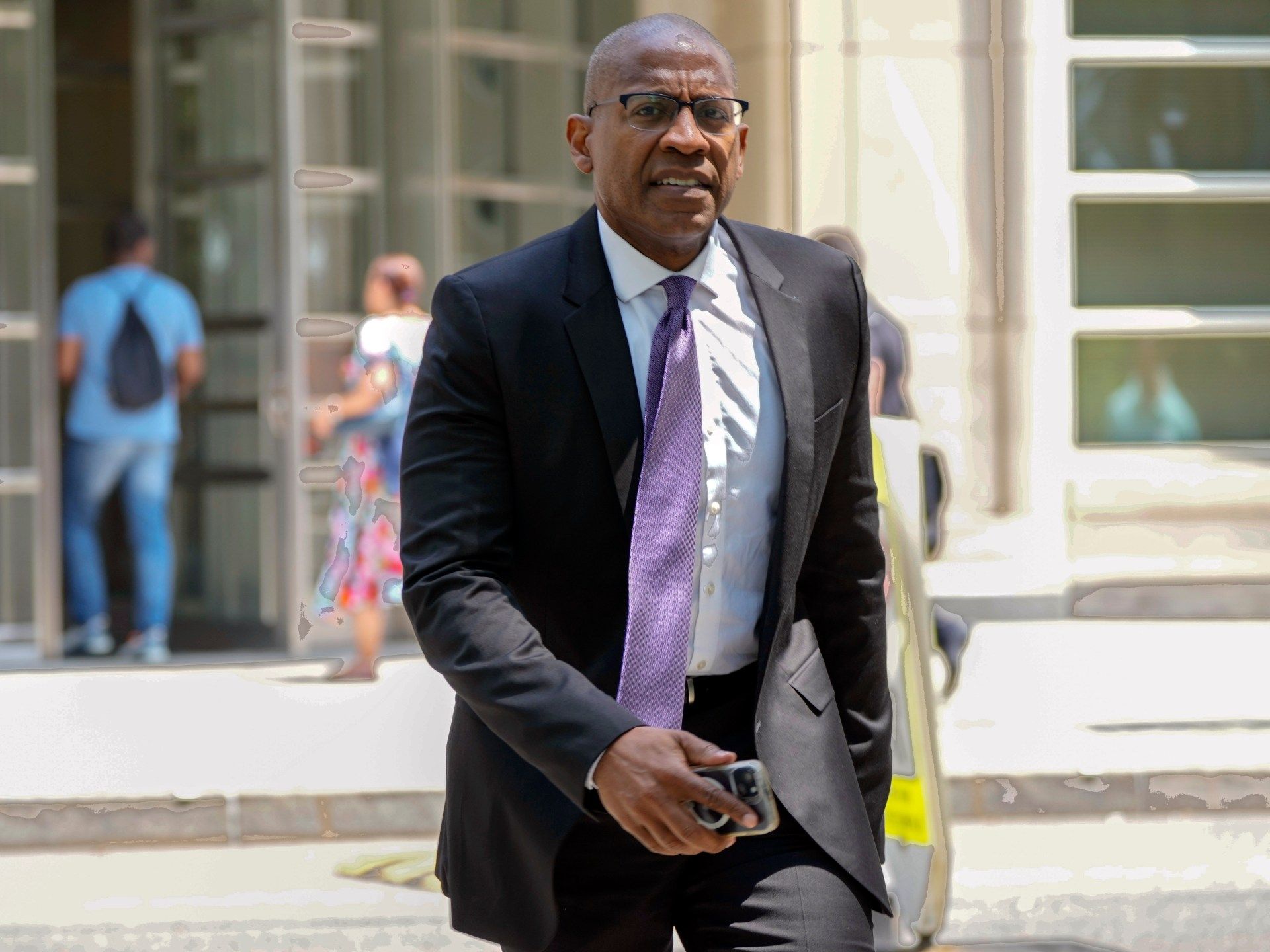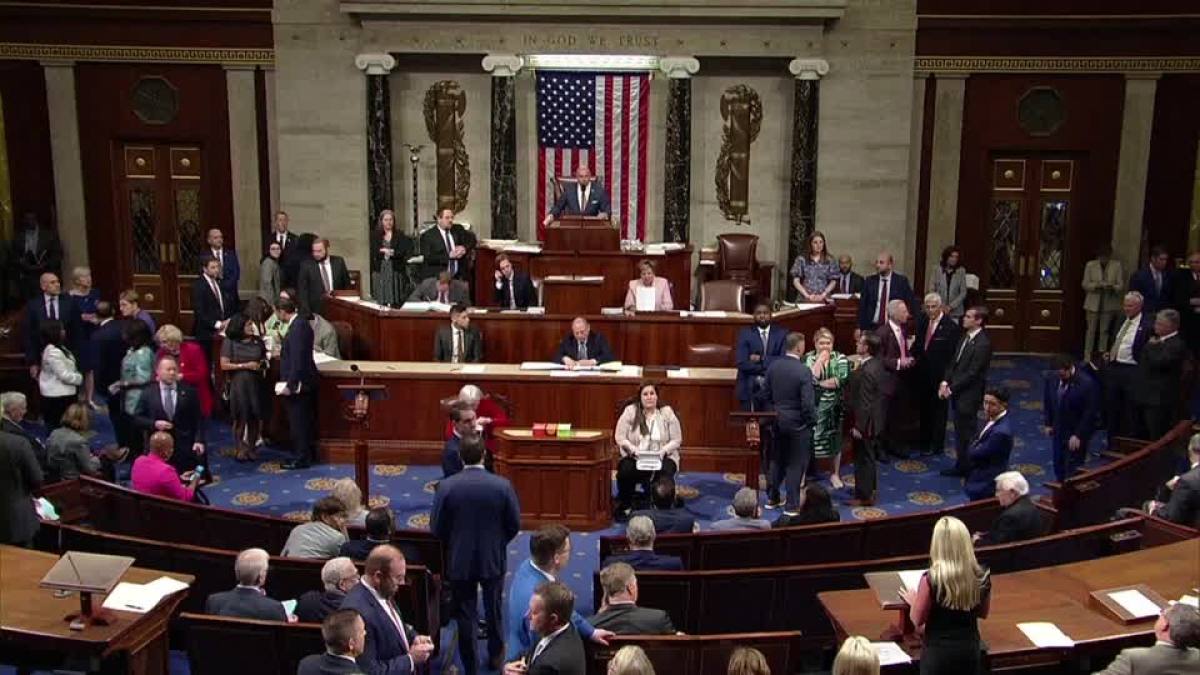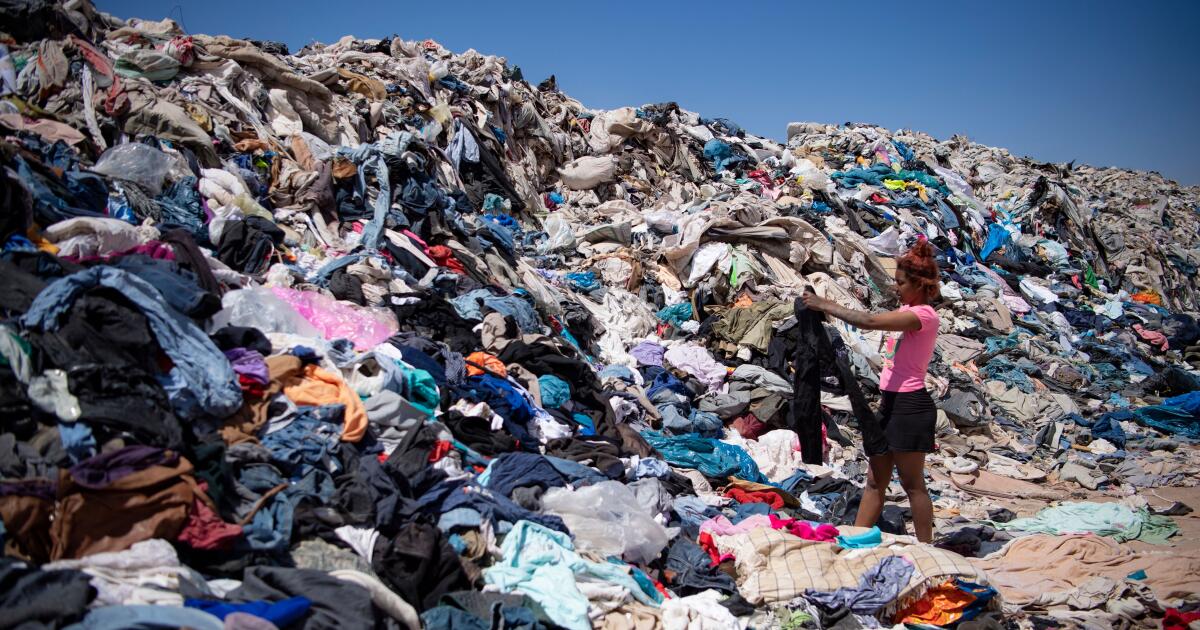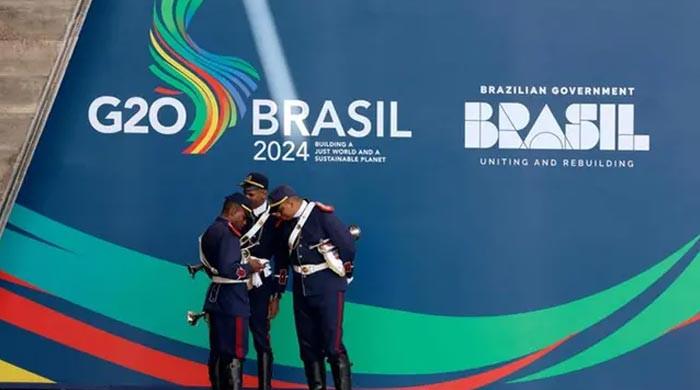Former television personality Carlos Watson has been convicted in a federal financial conspiracy case involving Ozy Media, an ambitious startup that collapsed after another executive posed as a YouTube executive to promote the company's success.
Watson, 53, was out on bail but was remanded in custody pending sentencing after the verdict was announced Tuesday.
Brooklyn-based federal prosecutor Breon Peace said the verdict held Watson responsible for “brazen crimes” that were intended to keep the cash-strapped Ozy afloat but ultimately sank it.
“The jury found that Watson was a fraudster who told lie after lie to trick investors into buying shares in his company,” Peace said in a statement, adding that the company “collapsed under the weight of Watson's dishonest schemes.”
Peace's office said a jury found Watson guilty of all charges against her: conspiracy to commit securities fraud, conspiracy to commit wire fraud and aggravated identity theft. Ozy Media was also convicted of the same conspiracy charges, the only charges the company faced.
Watson and Ozy have pleaded not guilty and denied the allegations. Watson testified that Ozy's cash constraints were common obstacles for startups and that materials provided to investors indicated that information had not been audited and could change, “like 'buyer beware,'” he said.
The defense blamed any misrepresentation on Ozy co-founder and chief operating officer Samir Rao, who pleaded guilty.
Watson and Ozy plan to appeal, attorneys Ronald Sullivan, Janine Gilbert and Shannon Frison said in a statement.
Watson could face decades in prison, though sentencing guidelines vary for each defendant. Ozy, now missing, faces possible financial penalties.
Web of lies
Watson, a cable news host who had worked on Wall Street and sold his own education-related company, conceived of Ozy in 2012. The Mountain View, California-based company produced shows and gave out “Ozy Genius” awards to college students. It interviewed former President Bill Clinton, won an Emmy Award and produced an annual festival of music and ideas that President Joe Biden attended in 2017, as a former vice president.
But prosecutors said that beneath Ozy’s public profile, the company was floundering financially from 2018 onward. It consistently ran out of money to pay suppliers, rent and even employees and took out costly loans against future receipts to cover its bills, former vice president of finance Janeen Poutre testified.
Prosecutors and key witnesses said Ozy, with Watson's blessing, began telling increasingly bold lies to try to get a lifeline from investors.
“Survival within the bounds of decency, justice and truth became survival at any cost and by any means necessary,” Rao told jurors, saying Watson had approved of all his falsehoods.
Ozy gave much higher revenue figures to potential backers than to his accountants, and the discrepancy widened to $53 million from $11.2 million in 2020, according to testimony and documents shown at trial.
Prosecutors said the company claimed to have made deals and offers it had not actually secured — for example, that Watson had told a potential investor that Google was willing to buy Ozy for hundreds of millions of dollars. Ozy's lawyer said Watson never made that claim.
Google CEO Sundar Pichai testified that there was no such offer, though he did contemplate hiring Watson and providing $25 million to help Ozy move forward if he took the Google job.
To attract potential corporate suitors and lenders, Rao falsified some contract terms with a network for one of Ozy's television shows. Then, when a bank wanted to consult with the network, Rao created a fake email account for a real network executive and sent a message offering information. The bank loan fell through.
Rao posed as a YouTube executive on a phone call with investment bankers, in a bizarre attempt to back up a false claim he had made about YouTube paying for another Ozy show. The bankers became suspicious, their potential investment evaporated, and the real YouTube executive soon learned of the ruse.
Watson's lawyers have harped on Rao's admissions about his own conduct to try to portray him as a liar trying to avoid prison by pleasing prosecutors. Rao is awaiting sentencing.
Watson, who hosted several Ozy shows and podcasts, told jurors he focused on the company's content, staff, vision and partnerships rather than “making sure every decimal is in the right place.” He said he traveled about four days a week and left finances and operations largely to Rao and others.
“I couldn't be as practical as I probably wanted to be,” he testified.
Ozy quickly fell apart after The New York Times revealed Rao’s fake call in a September 2021 column that also questioned the startup’s claims about its audience size.












